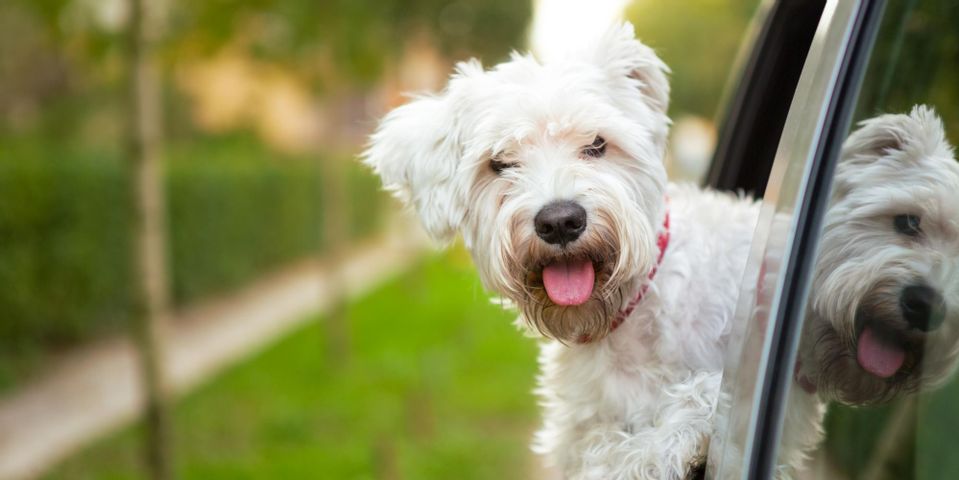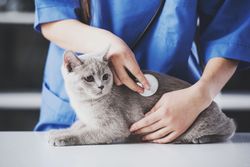
When you get a new puppy or kitten, one of your first tasks is to schedule an appointment with the veterinarian for a checkup and vaccines. Getting vaccines is important for your pet’s health. Some vaccines are even required if you wish to board your pet or bring them to a groomer. To help you understand how vaccines work and how they benefit your furry friend, we’ve answered some of the most common questions here.
What Veterinarians Want Pet Owners to Know About Vaccines
What are vaccines?
A vaccine is a product that helps create an immune response in an animal to protect against a specific disease. The antigens in the vaccine look like those in the disease causing organism, but they don't actually cause the disease.
However, the animal’s immune system still responds as if the antigens are real, creating antibodies. If your pet ever contracts the disease, the antibodies will respond, preventing infection entirely or lessening its severity.
Which vaccines does my pet need?
Not all animals need every vaccine. However, some vaccines are considered core vaccines. This means that veterinarians consider them vital due to the severity of illness and how easily it can spread to humans or other animals.
 Some vaccines, such as rabies, are required by law for all animals. Others, like Bordetella (for kennel cough), are optional. Your veterinarian will consult with you to determine which vaccines your pet should have based on local regulations and your pet’s exposure risk.
Some vaccines, such as rabies, are required by law for all animals. Others, like Bordetella (for kennel cough), are optional. Your veterinarian will consult with you to determine which vaccines your pet should have based on local regulations and your pet’s exposure risk.
How often should my pet be vaccinated?
In general, puppies and kittens receive a series of vaccinations during their first months of life. These treatments are spaced three to four weeks apart until your pet is about four months old.
After that, shots are usually administered annually, depending on the type of vaccine and your pet’s needs. Some veterinarians offer vaccines that last longer than a year. Boosters are only necessary every two to three years.
Are vaccines safe?
Millions of animals are vaccinated every year without any adverse reactions. As with any health product, there are minor risks, but most animals receive their shots without incident.
Some animals may have a mild reaction immediately after receiving their shots. These symptoms include swelling at the injection site, mild fever and lack of energy and appetite. Most of these side effects are mild and last a day or two at the most.
If it’s time for your pet to have their vaccines updated, contact the veterinarians at Lillian Veterinary Hospital in Lillian, Alabama. For over 20 years, their team of professionals has used high-tech equipment to provide area pets with quality care in a comfortable atmosphere. Learn more about their services online and call (251) 962-2304 for an appointment.
About the Business
Have a question? Ask the experts!
Send your question

